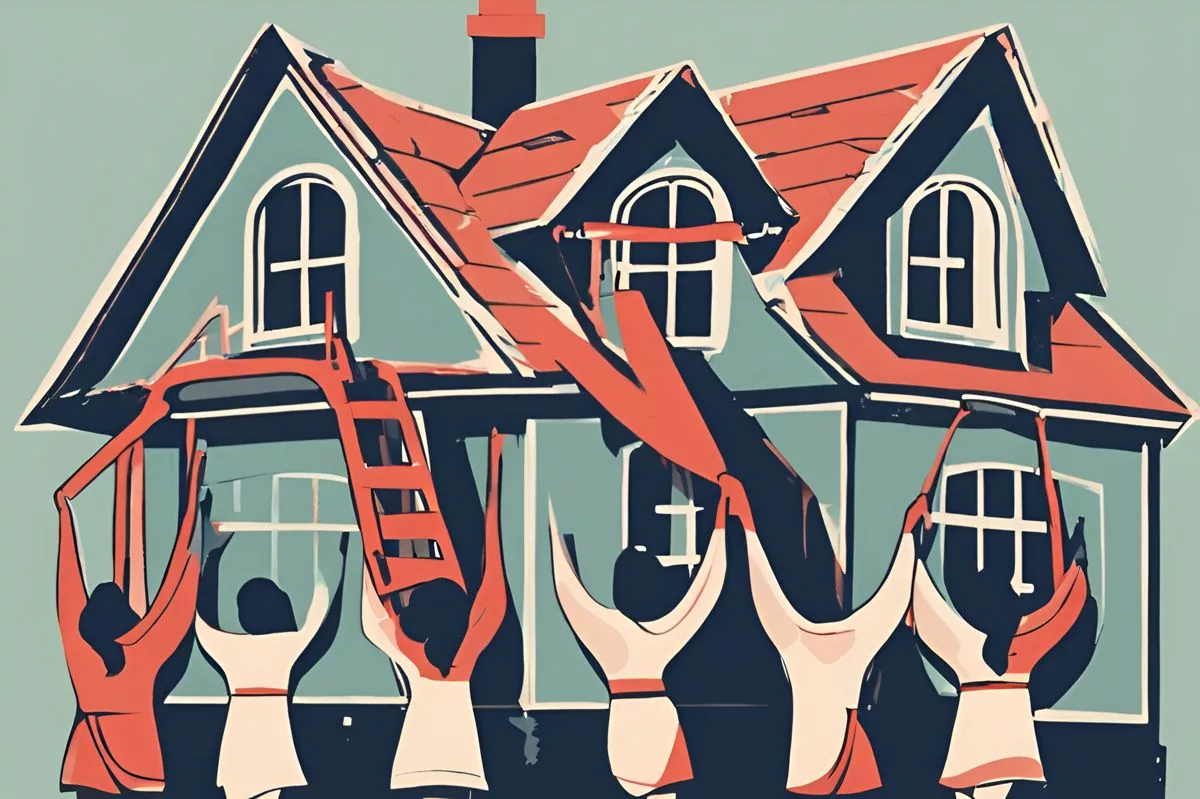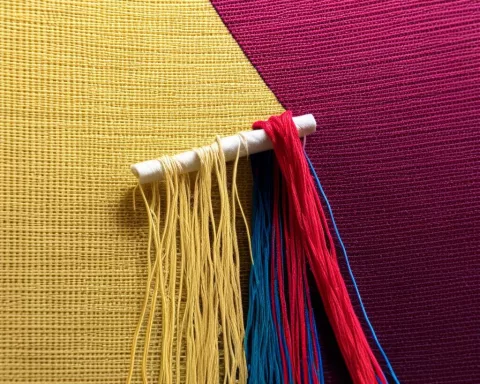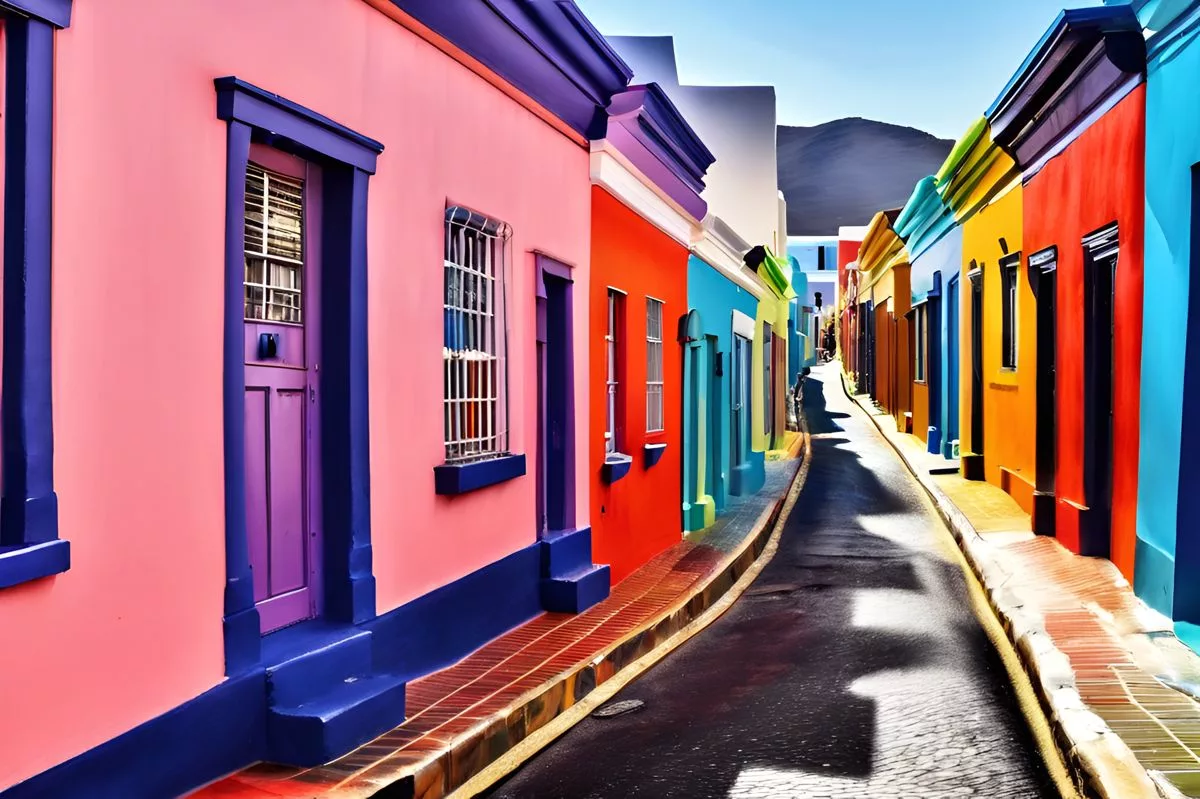Women in South Africa have overtaken men and mixed-gender couples in property ownership, with women owning 38% of all properties. This trend began in 2016 and has continued to increase, highlighting women’s financial independence and the country’s progress towards gender equality. Women are not just home buyers but also investors, using real estate as a tool for wealth-building and financial freedom. Despite this, women still see their properties as homes first and investments second.
Women’s Triumph in South African Real Estate
Women in South Africa have surpassed men and mixed-gender couples in property ownership, with women owning 38% of all properties. This trend began in 2016 and has steadily increased each year, highlighting women’s financial independence and societal movements towards gender equality. Women are not just home buyers but investors, utilizing real estate as a wealth-building and financial independence tool. Despite their increasing financial independence, women still view their properties as homes first and investments second.
From the Backseat to the Driver’s Seat
In the competitive world of real estate, women in South Africa have made a remarkable stride. Lightstone, a top-notch data, analytics, and systems provider, has presented intriguing data which demonstrates that women have outperformed men in property ownership. Women now own 38% of all properties, exceeding the 29% held by men, and also surpassing the property holdings of mixed-gender couples, who were previously leading.
This shift in property acquisition dynamics was first observed in 2016. Before this period, mixed-gender couples enjoyed the lion’s share of property ownership. However, a new trend emerged in 2016 as women-only buyers began to outpace their male counterparts. This pattern has been on a steady upward trajectory, with the disparity between male and female ownership continuing to widen with each passing year.
Changing Trends and Growing Independence
By 2022, the shift had become even more pronounced. Women-only buyers had not only outperformed men but had also taken over mixed-gender couples in property holdings. Intriguingly, this shift happened even though the properties owned by women were comparatively lower in value, including social housing.
There’s a noticeable dominance of women property owners within the R1.5 million price bracket. The divergence between prices paid by women-only buyers and mixed-gender couples has expanded since 2020, underlining the escalating financial strength and autonomy of South African women.
An additional significant trend highlighted in the recent data is the shift in the age at which women are purchasing property. Just like men, women are now acquiring property later in life, indicating a shift from previous norms where a woman’s property purchase required a man’s approval.
Women and Real Estate: Beyond the Numbers
In the perspective of Yael Geffen, CEO of Lew Geffen Sotheby’s International Realty, the progressive trend reflects wider changes in economic empowerment and societal norms. Women are emerging not just as home buyers but as investors, utilizing real estate as a wealth-building and financial independence tool.
Indeed, women’s participation in the property market is considerable and multi-faceted. From property development to rental property investment, and even house flipping, women are making their presence known.
Exploring the factors fueling this shift, Geffen attributes the change to financial independence, higher educational achievement, career progression, and societal movements towards gender equality. This transformation goes beyond mere property ownership; it’s about creating nurturing homes and lifestyles.
The Home Versus Investment Perspective
It is interesting to observe that, despite their increasing financial independence, women continue to perceive their properties as homes first, and investments second. This empathetic mindset often leads women to view the property they’re buying as a haven that offers comfort and protection, rather than merely a potential financial gain.
In societies where women generally outlive men by five and a half years and nearly half of all marriages end in divorce, it is crucial for women to take control of their financial futures. The increasing trend toward property ownership underscores women’s growing financial independence and exemplifies the shifting societal norms and economic empowerment.
In conclusion, the escalating involvement of women in property ownership and investment signifies a shift in the dynamics of the South African property market. It is a compelling story of female empowerment and economic independence, a narrative being penned by the women themselves. As this trend continues, it is evident that women will have a significant role in shaping the future of property ownership and investment in South Africa.
1. What percentage of properties in South Africa are owned by women?
Women in South Africa own 38% of all properties, exceeding the 29% held by men and mixed-gender couples.
2. When did women in South Africa begin overtaking men and mixed-gender couples in property ownership?
This trend began in 2016 and has continued to increase each year, highlighting women’s financial independence and societal movements towards gender equality.
3. How are women in South Africa utilizing real estate?
Women in South Africa are not just home buyers but investors, utilizing real estate as a wealth-building and financial independence tool. From property development to rental property investment, and even house flipping, women are making their presence known.
4. What factors are fueling the shift in women’s property ownership in South Africa?
This shift can be attributed to financial independence, higher educational achievement, career progression, and societal movements towards gender equality.
5. How do women in South Africa view their properties?
Despite their increasing financial independence, women in South Africa still view their properties as homes first and investments second. This empathetic mindset often leads women to view the property they’re buying as a haven that offers comfort and protection.
6. What does the trend towards women’s property ownership signify for South Africa?
The escalating involvement of women in property ownership and investment signifies a shift in the dynamics of the South African property market, exemplifying the shifting societal norms and economic empowerment. It is evident that women will have a significant role in shaping the future of property ownership and investment in South Africa.












